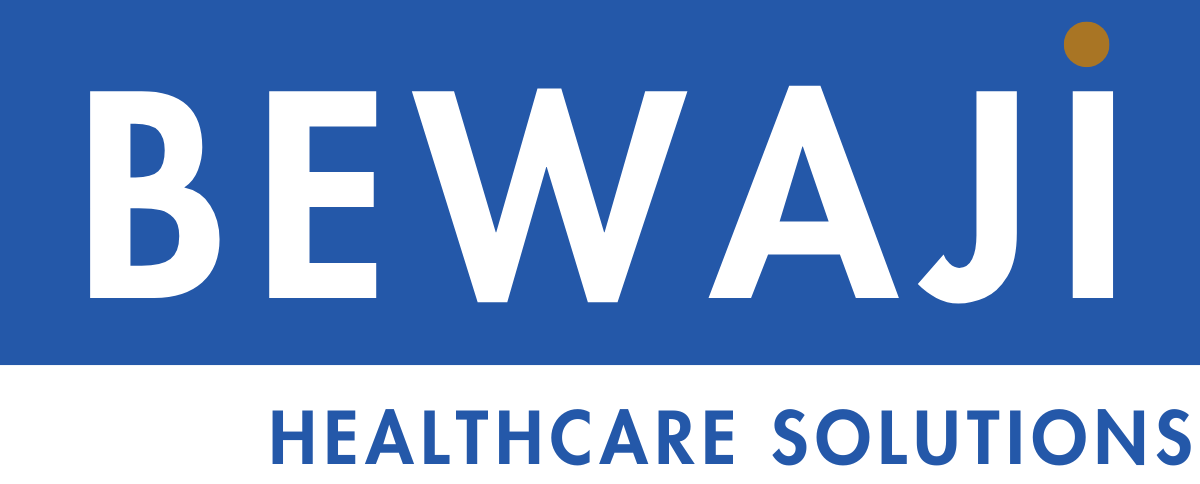Introduction
In the era of digital healthcare, patient privacy and data protection are paramount. Under the Jamaica Data Protection Act 2020, healthcare providers must navigate the complexities of obtaining and managing patient consent for data processing activities. This article delves into the nuances of patient consent under the Jamaica Data Protection Act 2020. We provide guidance on capturing valid consent, managing consent preferences, and ensuring transparency in data processing practices, enabling healthcare providers in Jamaica to achieve compliance and uphold patient privacy.
Obtaining Valid Consent
- Informed Consent: Healthcare providers must ensure that patients provide their consent voluntarily, with a clear understanding of the purpose and consequences of data processing. Consent should be obtained through transparent and easily accessible consent mechanisms, such as consent forms or digital platforms.
- Age of Consent: Special consideration should be given to patients below the age of consent. In Jamaica, the age of consent is 16 years. For patients below this age, healthcare providers should seek consent from a parent or guardian, considering their best interests and privacy rights.
- Explicit Consent for Sensitive Data: Processing sensitive data, such as health information, requires explicit consent from patients. Healthcare providers must clearly communicate the specific types of sensitive data being processed and obtain explicit consent separately for each category.
Managing Consent Preferences
- Granularity of Consent: Patients should have the ability to provide consent for specific processing activities and have control over the level of granularity. Healthcare providers should allow patients to choose the types of data processing they are comfortable with, giving them options to grant or withhold consent for different purposes.
- Consent Preferences Settings: Implement user-friendly platforms that enable patients to manage their consent preferences effectively. This can include online portals or mobile applications that allow patients to review, modify, or withdraw consent at any time.
- Re-Consent: Regularly review the validity of consent and provide opportunities for patients to re-confirm or update their preferences. This is especially important if there are changes in the processing activities or if the original consent becomes outdated or invalid.
Ensuring Transparency in Data Processing
- Privacy Notices: Healthcare providers must provide patients with clear and concise privacy notices that explain the purpose, legal basis, and duration of data processing activities. Privacy notices should be easily accessible and written in plain language, avoiding complex jargon.
- Rights to Access and Rectification: Patients have the right to access their personal data held by healthcare providers and rectify any inaccuracies. Providers should establish procedures for patients to exercise these rights, ensuring transparency and responsiveness in handling access and rectification requests.
- Data Sharing and Third-Party Processors: If healthcare providers share patient data with third-party processors, they must inform patients of such arrangements and obtain their explicit consent. Transparency is crucial in ensuring patients understand who has access to their data and for what purposes.
- Data Retention Periods: Clearly communicate the retention periods for patient data and provide justifications for the chosen duration. Healthcare providers should establish policies and procedures to ensure data is retained only for as long as necessary and securely disposed of when no longer needed.
Conclusion
Compliance with the Jamaica Data Protection Act 2020 requires healthcare providers to navigate patient privacy through the lens of consent and data processing. By obtaining valid consent, managing consent preferences, and ensuring transparency in data processing practices, healthcare organizations in Jamaica can uphold patient privacy rights and achieve compliance. Implementing user-friendly consent mechanisms, providing clear privacy notices, and facilitating patient control over their data are crucial steps in building trust and maintaining patient-centric data protection practices. By prioritizing patient consent and transparency, healthcare providers can navigate the complexities of data processing under the Jamaica Data Protection Act 2020, fostering a culture of privacy and trust in the healthcare industry.

